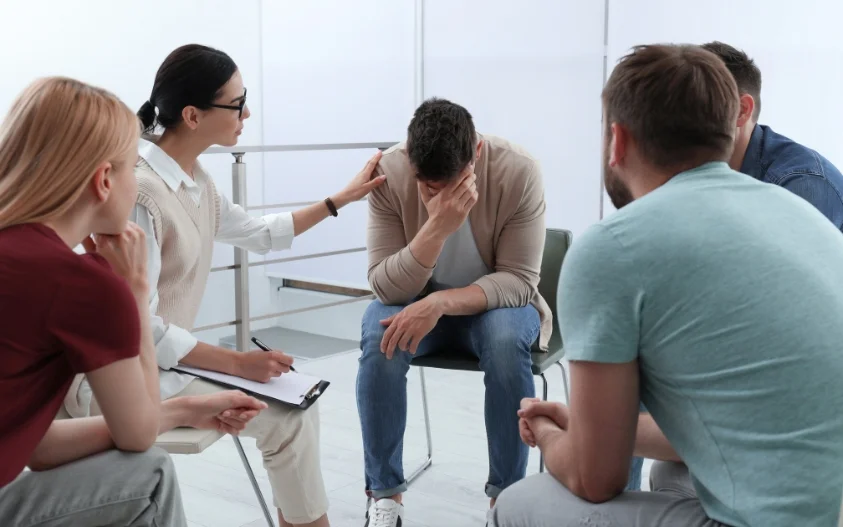24/7 Helpline:
(866) 899-221924/7 Helpline:
(866) 899-2219
Learn more about Ativan Rehab centers in Washington Court House
Ativan Rehab in Other Cities

Other Insurance Options

Optima

Molina Healthcare

Holman Group

Health Choice

Group Health Incorporated

AllWell

Covered California

Amerigroup

Choice Care Network

Evernorth

Magellan Health

Humana

Lucent

Regence

Providence

MHNNet Behavioral Health

Magellan

MVP Healthcare

Medical Mutual of Ohio

Optum

Scioto Paint Valley Mental Health Center
Scioto Paint Valley Mental Health Center provides help for drug addiction, alcoholism, and a variety...

The Ranch of Opportunity
The Ranch of Opportunity in Court House, OH is a safe haven for teenage girls who have experienced t...

Fayette Womens Residential
Fayette Womens Residential is a private rehab located in Washington Court House, Ohio. Fayette Women...

Fayette Recovery Center
Fayette Recovery Center – Washington Court House Ohio is an alcohol rehab center that helps individu...







































